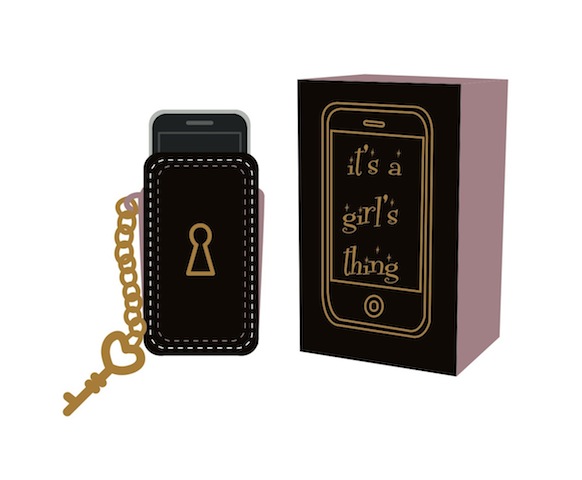
1) Don't pink it and shrink it: The cardinal sin of marketing towards women is to "pink it and shrink it."
The woefully misguided approach goes something like this. Take a
perfectly decent product, give it a marshmallow Barbie paint job and
miniaturize it so it fits perfectly into tiny female hands. Ta da! Women-friendly. We're bound to love it, right? What makes things even worse
is that the tech spec on "female-orientated" models often falls short
of the "male" counterparts. It's not the color of a product that
entices us, it's the sleek design quality.
2) There's no need to overtly target us: There's no point trying too hard to push exclusively to
women. We'll see right through it. Take time understanding us like you
would on any other demographic, but please don't over-egg the pudding.
Just because we've got breasts doesn't mean we have special needs.
We're different but don't want to feel we're that different.
Far too many products are rammed down our throats yelling "Look at me! I'm being relevant to women! Here come the girls!"
It's patronizing, it's ineffective and often quite alienating. A
subtler, more nuanced approach is always far more success commercially.
3) An emotional connection is a big selling point: Studies have proven that women are likely to form more of a
lasting emotional attachment to products, and campaigns that make an
effort to engage with this often prove to be very successful.
A great recent example is John Lewis' beautifully executed advert "She's always a woman to me,"
which whizzes the viewer at high-speed through 70 years of a
woman's life. The reason this advert works so well is not only that
it's beautifully executed -- which it is, heart-achingly so -- but that it
also promotes a strong, enduring attachment to a reliable brand.

4) Too much choice is no choice at all: Many men might be perfectly happy to sift through
mountains of information in order to find out whether one little black
box is slightly better than another little black box, but most women
are overwhelmed by choice. If a product is a hassle to buy then we will cease to care about it.
So having a hundred near-identical products in the market
can be a real turnoff: we don't want choice, we want the right choice.
We want to know that a product does what it's supposed to and is
obviously at the top of its field. We don't have time to find a diamond
in the rough.
5) Entertain, don't educate: Don't try and use statistics to teach us that we need
something. Instead, show us why we need it, how it can benefit our
lives preferably in a way that's entertaining, fun and engaging. I'm
much more likely to warm to a product if it's marketing does not
preach, but has surprised me or made me laugh. Top Gear is a great
brand that has made cars accessible to men and women by entertaining
them.
And if all fails, call the Lady Geeks to help you understand women.
Belinda Parmar is the founder of Lady Geek TV. Please join the Lady Geek campaign to end the stereotypes and cliches towards women in tech and Like us on Facebook (image in post by Joana Pereira).